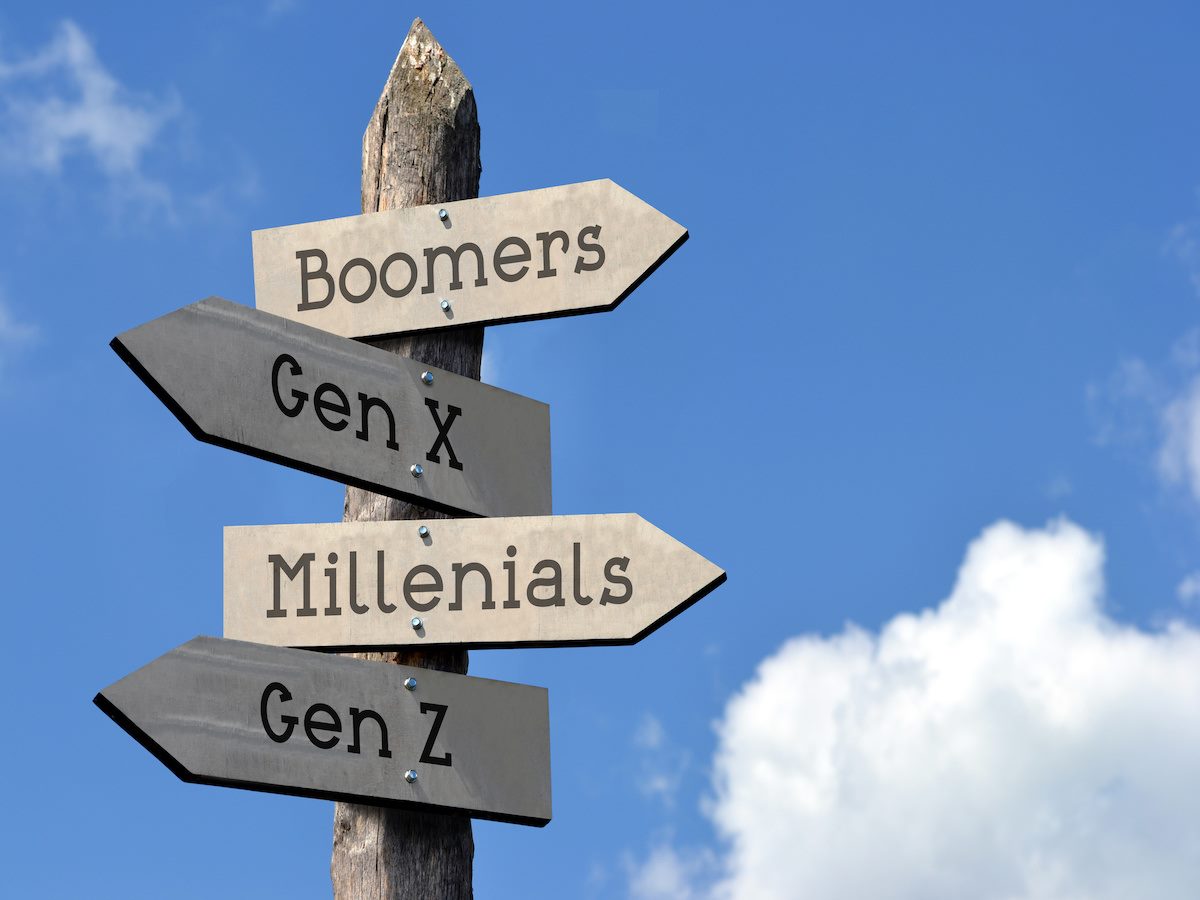Employers risk losing top talent to impersonal or biased AI filters, especially when recruitment tech ignores how Gen Z communicates and demonstrates value.
The answer isn’t ditching AI; it’s deploying it with radical transparency, smart human oversight and digital experiences that foster genuine connection rather than cold automation.
About one in five people in the US are Gen Z, according to US Census Bureau data. We’re at a tipping point: companies must choose between legacy habits and young talents’ expectations.
AI isn’t the issue — it's how employers use it.
Beyond the Black Box: Building Gen Z's Trust
Broadly speaking, Gen Z — born 1997 to 2012 — are digital natives who aren’t afraid of AI but want it used openly and fairly. If recruitment feels opaque or impersonal, up to 75% of all job seekers — including digital natives — will walk away.
What matters most?
Transparency and authenticity: 81% of Gen Zers surved say these are top values at work.
When companies actually spell out how AI tools make decisions and what criteria they look for, Gen Z’s trust grows, and more of them apply. Clear communication lifts engagement and reduces anxiety for this group.
Gen Z especially values being kept in the loop, rather than left to guess what’s happening. Employers who use AI to give them instant feedback and real-time status updates instead of silent filtering win points for transparency and trust. Research shows Gen Z prefers hiring that blends direct human contact with open, visible tech. It’s a combo that builds their confidence in the process.
Related Article: The End of Job Boards? How AI Recruiting Is Changing the Game
Skills-First AI Levels the Playing Field
More than ever, young talent wants to be judged by what they can do, not just what’s on paper.
More than six in 10 big US employers now deploy some version of skills-first hiring, and platforms powered by AI excel at sifting for capabilities at speed and scale.
Skills-based hiring is now the norm, according to TestGorilla’s State of Skills Based Hiring report for 2025:
- 85% of employers use it
- 53% have dropped degree requirements, and
- 76% rely on skills tests to find great talent
Most employers say these tests are more predictive than résumés. Good to know that Gen Z actively seeks out employers who offer skills-first, transparent hiring experiences, with 74% completing a skills-based assessment in the past year.
AI makes skills-based hiring possible by assessing real work — like portfolios, projects and gamified tests — instead of just degrees. It surfaces high-potential talent who prove their abilities through action, not paper credentials, and who might otherwise be missed by traditional screening.
Few understand this shift better than those building large-scale apprenticeship programs, as I have done over two decades now. We can see firsthand how AI validates ability over credentials and connects diverse talent to growth pathways that resonate with Gen Z.
Gamification: Speaking the Language of the App Generation
Forget static personality quizzes and multiple-choice assessments. Gen Z wants interactive, gamified challenges. That’s where AI-powered games make hiring engaging.
Companies using gamified digital assessments now see engagement jump by around 60% and time-to-hire drop by up to 30%.
I run two apprenticeship websites, and both have an AI-powered virtual assistant baked in. It’s there 24/7, ready to answer questions when someone’s actually looking — whether that’s 11 p.m. after a late shift or mid-morning on a commute. We make it clear from the start that it’s AI, not a human pretending otherwise. That transparency builds trust. Visitors tell us they like getting instant, relevant information without waiting for a call back, but also knowing they can reach a real person when they need to. For Gen Z, that combination — fast, digital and open about how the tech works — is what keeps them engaged in the process.
Realistic, game-like tasks let employers gauge soft skills, creativity and problem-solving without the biases of pen-and-paper testing. It’s a format that feels natural to an app-native generation.
Related Article: The IQ Trap: How AI Can Unlock Hidden Talent & Transform Recruitment
Blending Mobile Convenience With Human Judgment
Three out of four Gen Z job searches start on their phones — they expect the entire process to be mobile. Smart employers meet them where they are, using AI for convenience and transparency. Think chatbots for scheduling, instant updates on status and feedback that makes candidates feel seen.
But convenience alone isn’t enough.
Gen Z responds best when AI supports, not replaces, human judgment. Augmented approaches, where AI filters and humans interview and decide, deliver stronger results, with candidates put forward by this model succeeding at nearly twice the rate of traditional resume screens. This balance of mobile-first design and human-plus-AI decision-making turns recruitment from a cold transaction into an experience that builds trust and drives better hires.
Bottom Line: Turn AI Hiring Into a Trust Builder
For Gen Z, the winning formula blends AI efficiency with human empathy. That means transparent processes, skills-first assessments, mobile-friendly experiences, real-time feedback and bias checks with people in the loop.
Employers who make tech visible, personalized and fair will earn this generation’s trust and their applications. Those who don’t will find digital natives scrolling elsewhere.
Learn how you can join our contributor community.
